Is VPN Legal in South Africa? [And Why You Should Use One]
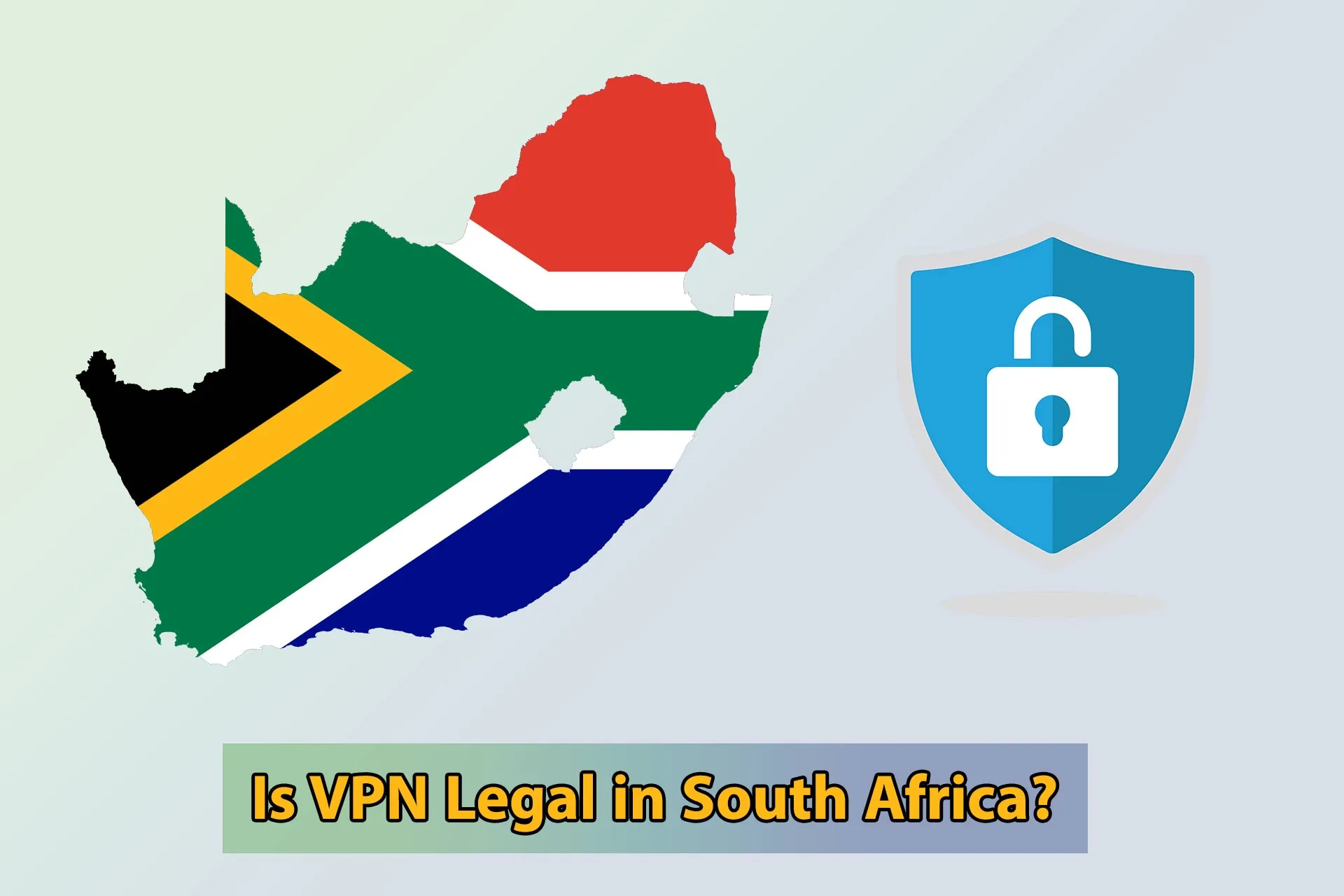
VPNs provide numerous great benefits.
To name a few, you can use them to access restricted content and keep your internet activity anonymous from prying eyes.
Even though most places allow the use of VPNs, they might be banned in some countries.
This is mainly because, with this tool, you can bypass censorship and restrictions enforced by governments and ISPs.
Therefore, if you’re a huge fan of VPNs and you’re traveling to a country, first, you must do your homework to find out whether it is legal in your destination.
In this article, we’ll answer the question, is VPN legal in South Africa or not?
Let’s dive in!
Is VPN legal in South Africa?
Yes, VPN is legal to use in South Africa, and you can freely purchase and download one.
South Africa has been working hard to provide privacy rights and freedom of speech to its people, so there are no limits when it comes to using VPNs.
In fact, this government has one of the most progressive stances among African countries when it comes to human rights.
Why is it a good idea to use a VPN in South Africa?
Even with the availability of the internet, you still might face some limitations when accessing some streaming services in South Africa.
Also, with the increasing number of transactions and important business deals taking place online, being safe on the internet has never been more critical.
So without further ado, let’s go over some reasons why using a VPN in South Africa is a good idea.
1. Avoid targeted surveillance
Even though mass surveillance is against the law in South Africa, targeted surveillance can still be a concern.
The government and ISPs can still keep track of your online activity, but there’s an easy way to avoid this invasion of privacy.
A VPN’s job is to encrypt all your online traffic by giving you a new IP address and re-routing your traffic through an alternative server.
Remember, some countries value their user’s privacy much more and collect less data, which means VPNs based in these countries offer a safer connection.
2. Unblock geo-restricted content
Many streaming services offer different content in different countries due to licensing agreements.
When using a good VPN with various servers across the world, you’ll be able to spoof your virtual location and access any type of content you want.
For example, Netflix US offers a much more extensive library, but it’s not available in South America.
A VPN can change your IP to make it seem like you’re streaming from the US.
3. Safely connect to public WiFi
All around South Africa, you can find hundreds of thousands of open hotspots and free WiFi in restaurants, hotels, cafes, and public transportation.
Though convenient, these free connections come with some threats. When you log onto public WiFi, your information will be vulnerable to hackers.
An unencrypted network allows criminals to steal important information that’s being moved between your device and the host websites. A VPN prevents this by encrypting your data.
4. Get a faster connection
You might think connecting to a VPN will reduce your internet speed, but that’s not always the case.
Some ISPs in South Africa might restrict your bandwidth and intentionally limit your internet speed.
Using a VPN allows you to avoid bandwidth throttling and bypass the restrictions some ISPs impose on you.
5. Keep important data safe
Working from home has become an unchangeable part of people’s careers. And even if you’re not a remote worker, you might still need to send important information over the internet.
A VPN allows you to securely join the company network and avoid creating threats to the company’s privacy.
VPNs achieve this through advanced tunneling protocols, strong encryption, and secure servers.
Summary
Bandwidth throttling, lack of privacy from ISPs, geoblocking, and the threat of hackers create an urgent need for VPN use.
These issues affect everyone who uses the internet, not just people in South Africa or other particular nations.
Unfortunately, some governments ban VPNs because they can hide your digital footprint and make your presence untraceable.
That raises the question: Is VPN legal in South Africa? And the answer is yes. The South African government advocates freedom and privacy, so they impose no restrictions on VPN use.
Read our disclosure page to find out how can you help VPNCentral sustain the editorial team Read more


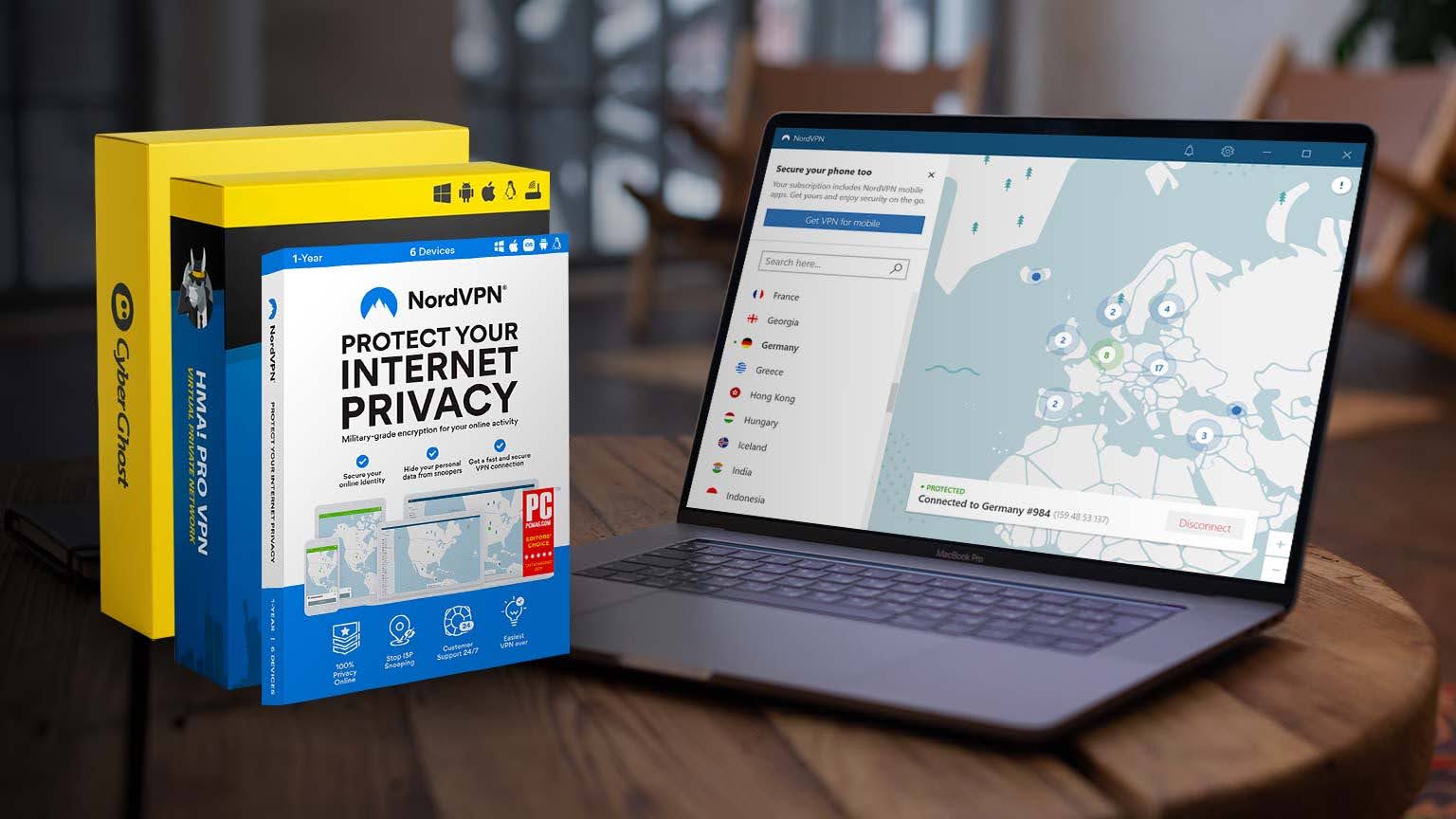
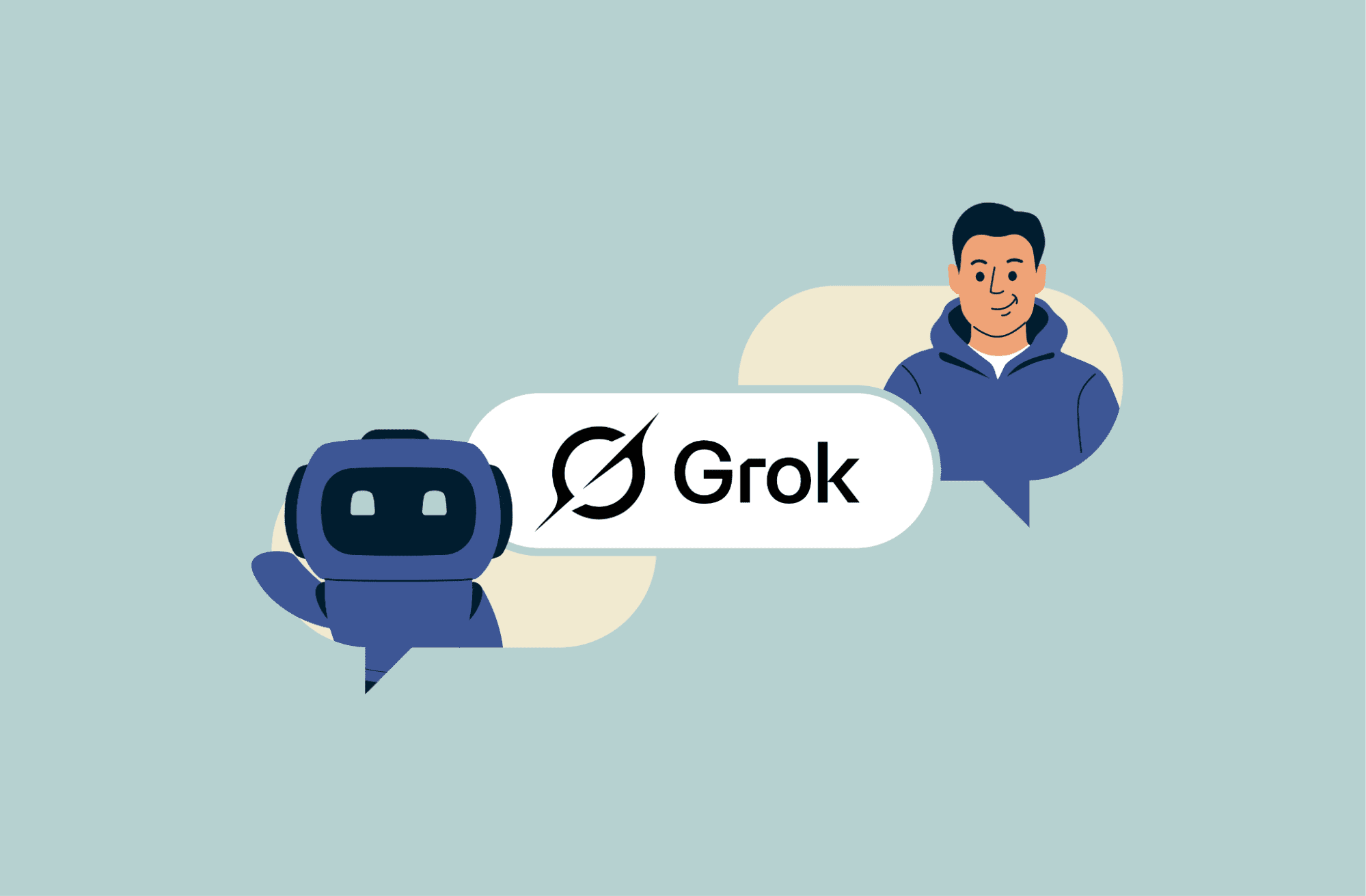
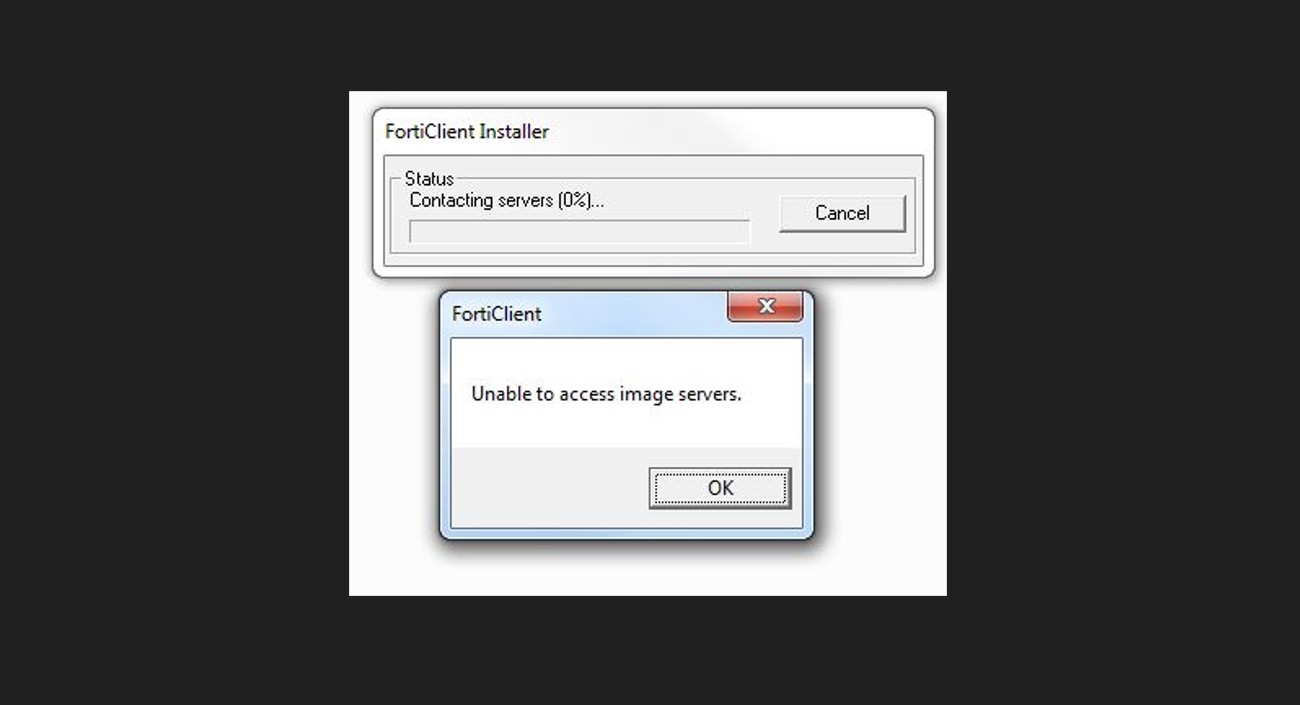
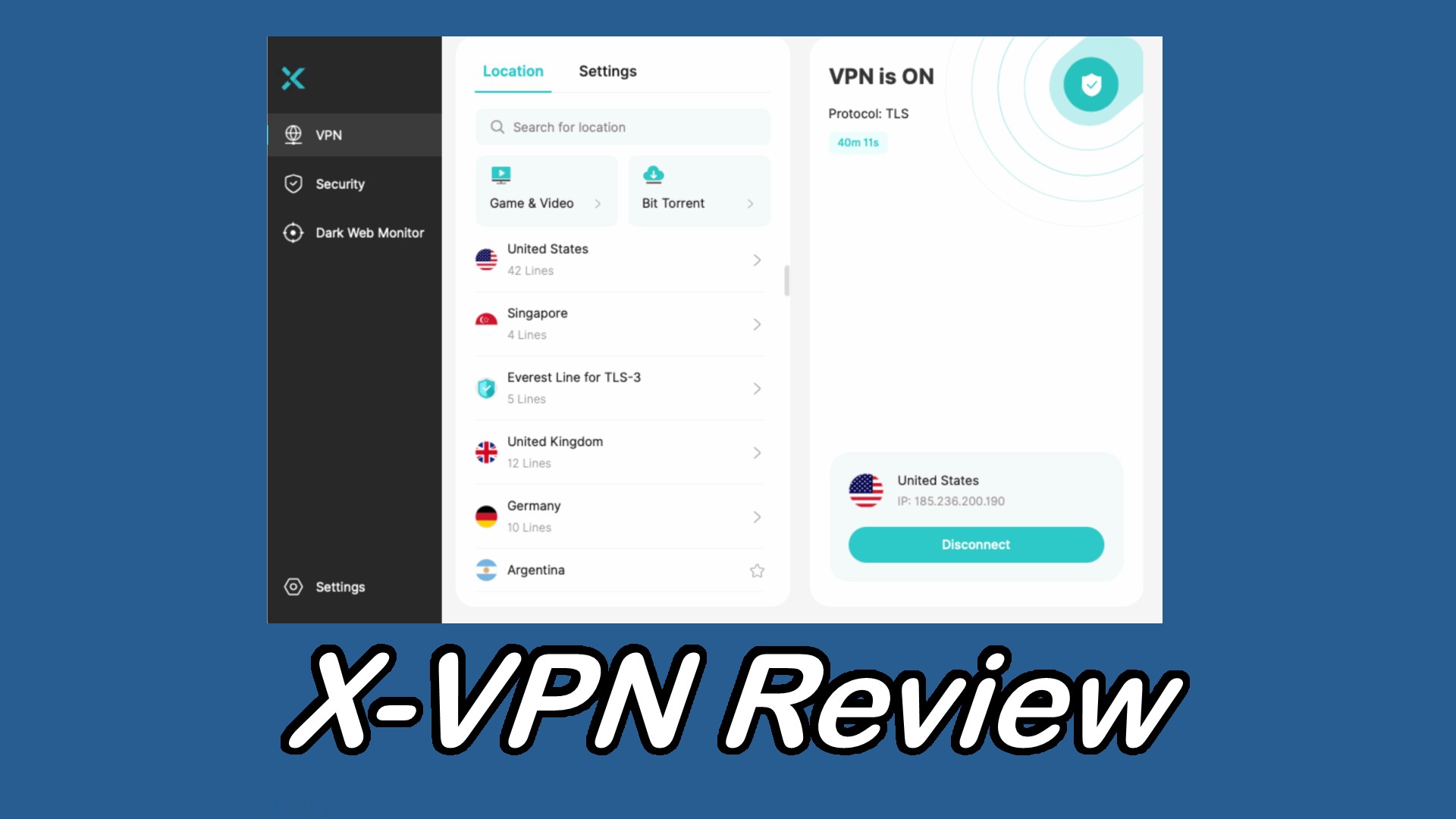
User forum
0 messages